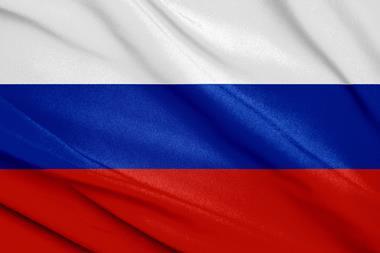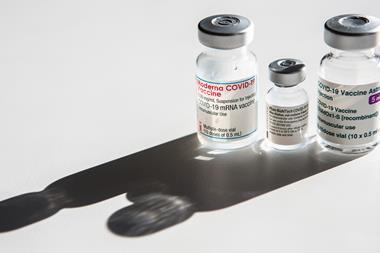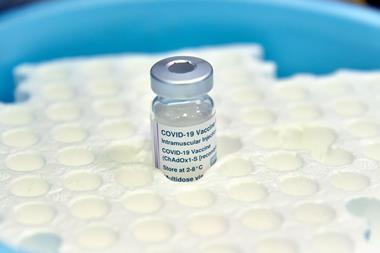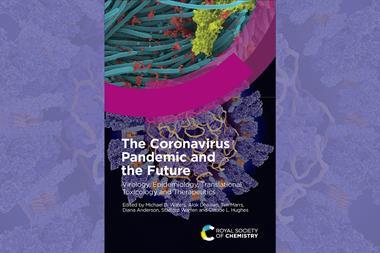An analysis of Sputnik V vaccine data has concluded that the published results were likely faked. The vaccine was authorised in Russia before any clinical studies were published, and subsequent trial results proved controversial.
An Australian–Singapore group casts fresh doubt on Sputnik data after investigating the almost identical efficacy for every age group from a phase 3 trial reported in The Lancet in February 2021. They found that the efficacies were closer to each other than would be expected, given the small number of patients and infections, and high vaccine efficacy. ‘Such a result would be expected in fewer than 1 in 1000 trials,’ the team wrote.
The concern is ‘that it was wildly more perfect than you would expect given the number of infections in the study’, says Kyle Sheldrick at the University of New South Wales, Australia, who led the research. ‘They got virtually identical results for every single age group, and that just doesn’t happen in real data.’
This is not the first time Sputnik data has been questioned. Enrico Bucci at Temple University, in Philadelphia, US, also flagged concerns in September 2020. He subsequently reported on data discrepancies and substandard reporting from the phase 3 trial.
He noted vaccine efficacy at 91.9% among adults aged 18 to 30 years, 90% among those 31 to 40 years, 91.3% among those 41 to 50 years, 92.7% among those 51 to 60 years, and 91.8% in those older than 60. A statistical analysis concluded a low probability of observing such homogeneity.
The new analysis ran simulations that took the same number of patients and assumed that vaccine efficacy was correct and identical in every age group. It then randomly assigned the 21,000 patients into vaccinated or unvaccinated pools, assuming the same infection rate as for the control group.
In 50,000 simulated trials of the Sputnik V vaccine, 0.026% of them had all age subgroups fall within the efficacy figures reported for the phase 3 trial. The same approach taken for the AstraZeneca, Janssen, Moderna and Pfizer vaccines yielded results between 24% and 51%.
‘Our simulation shows that, even if everything they claim is true, the chance of getting the results they published is so incredibly small that it just can’t be accepted as real data,’ says Sheldrick. ‘This fits a pattern of overly similar results that we’ve seen across multiple studies with this vaccine.’
The analysis reversed the approach taken by Bucci and others. ‘The authors took at face value the claims made by the Russians on the vaccine efficacy, instead of showing they were highly improbable as we did,’ noted Bucci. ‘Once you do so, you will never get the results described in the original paper by running a trial the way it was.’
He and other critics say that problems are compounded by secrecy around trial protocols and statistical analysis. ‘Access to the original data is paramount to evaluating the actual consistency of Sputnik V efficacy,’ according to Bucci.
The Australian-led group called for a thorough investigation of the article, as well as the immediate release of anonymised individual patient data to an unbiased statistical expert. Without such steps, the paper should be retracted by The Lancet.
‘The Lancet Group take issues relating to scientific misconduct extremely seriously and follow best practice guidelines set by the Committee on Publication Ethics,’ a spokesperson for The Lancet Group said in statement. ‘We recognise the concerns about the validity of Sputnik vaccine data published in The Lancet and we will be inviting the authors of The Lancet paper to respond to these latest questions.’
Nonetheless, the trial problems do not mean that the vaccine doesn’t work, says Sheldrick, ‘but it does mean that we cannot rely on this trial, which is the largest to date’. He forwarded his analysis to the European Medicines Agency, which previously announced a review of Sputnik V.
‘It is worth noting that the vaccine was used in many countries who have since published their own findings, and they have all been positive,’ notes virologist Ian Jones at the University of Reading, who wrote a comment for The Lancet on the February 2021 results. He adds that ‘Sputnik may have been talked up, especially for older age groups, but there is no doubt it works’.
References
KA Sheldrick et al, Am. J. Ther., 2022, DOI: 10.1097/MJT.0000000000001528

















No comments yet